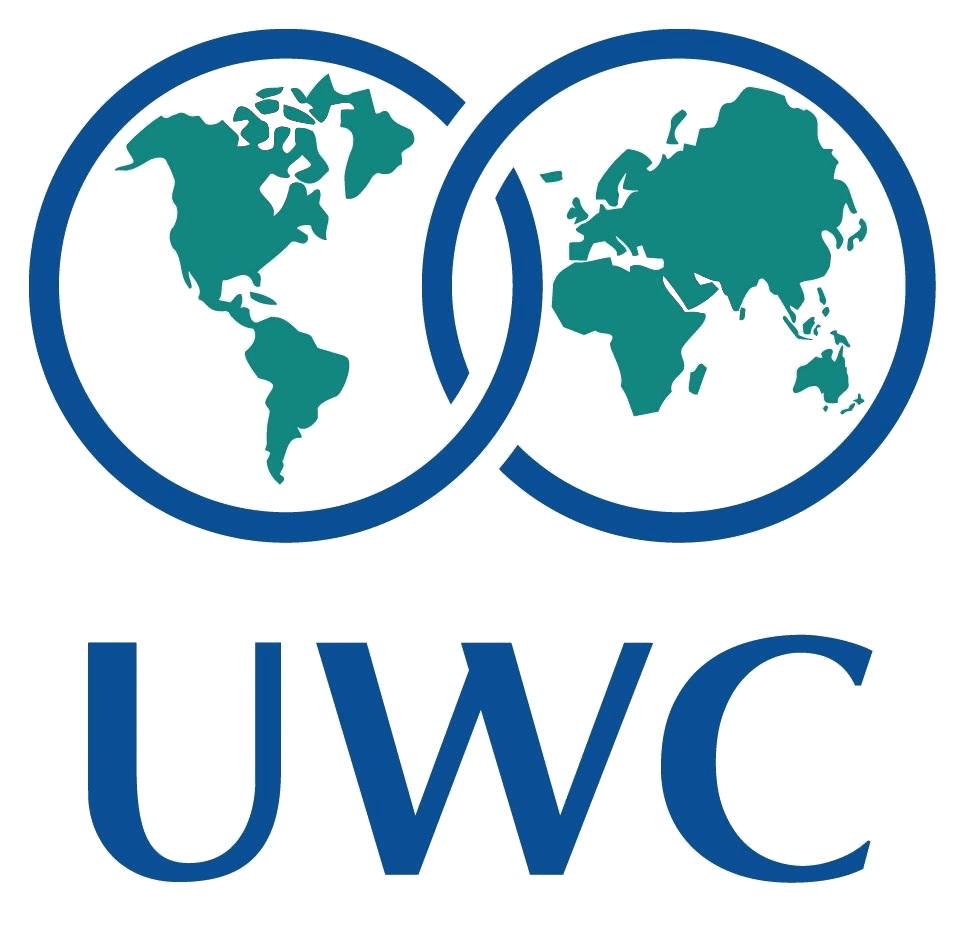About a week ago, I read the headline in the Straits Times: “In a world first, cultured chicken meat approved for sale in Singapore“. I was immediately thrilled. Cultured meat, which is meat made by propagating animal cells and thus requires no slaughter, was finally a reality. And it is even better than I expected. I already knew some benefits:
- No life having to be taken
- Being able to mass produce meat without keeping animals in cruel and disease-prone factory farms
- Healthier, as no antibiotics are required as all the meat comes from one individual living in a healthy environment
- Reducing deforestation as less land needs to be taken for animal farms.
But according to the Just Foods (the company that produced this cultured chicken) and a preliminary study, the benefits of GOOD meat chicken are even greater:
- The price of the chicken is falling rapidly – potentially becoming cheaper than “regular” chicken, which could mean that more people around the world can access healthy protein
- One single cell can potentially produce an infinite amount of meat, meaning that theoretically we may not need to farm animals for meat at all
- 78-96% lower greenhouse gas emissions to produce
- 99% lower land use
- 82-96% less water use
But what was even more exciting was the news my Leaders of Environmental Initiatives teacher facilitator gave me: As student leaders in the sustainable development of UWC East, myself and some other students were invited to be the first members of the public to eat this cultured chicken! It wasn’t an opportunity I couldn’t miss, and I’m so glad I went for the launch dinner tonight.
It is hard to describe in words, but I feel that was a really life-changing few hours. I believe it is a turning point, not just for my life as an environmentalist, but also the climate as a whole. If this meat becomes cheap enough for regular people to afford, it can make such a huge difference for our whole Earth-humanity system. It was also a great honour to be selected to represent the new generation of humanity, who will hopefully make better decisions in how we take care of our global ecosystem. And I think it reached deep into my mental iceberg, helping me make some new realisations: Before, my main emotional reactions to the challenges of sustainable development and rapidly increasing environmental destabilisation were rage or terror. But then, as I bit into the meat of a chicken still alive, I felt hope. I felt elation. I felt a newfound belief that maybe we can turn this around and make a better world. A happier, fairer, and sustainable world. I also realised how it isn’t just young people who care about the climate. Many adults do, and can make a huge difference, if they are nudged to or given an opportunity. I saw this in how one of the chefs who made our meal was formerly a luxury restaurant chef. Everyone can be a change-maker.
But it wasn’t just the launch that moved me, but the fact that I got to sit down with four other people who cared deeply about sustainability, and discuss whatever came to our minds. As someone trying to make the journey to sustainable development central to my life, I often feel like a minority or alone in that. And there we were, 4 middle schoolers and high schoolers and a teacher facilitator, having some of the conversations I yearn to have. Although I have had some of these in my past environmental services at school, and with the other members of Leaders of EI, I suppose this felt different as it included people from various age groups, including a Grade 6. It made me realise how powerful a minority “we” are – whatever that means.
Another thing that I noticed was how the adults emphasised how uniquely UWC this whole experience is. They did this mostly as the other three students were being interviewed about the dinner. They were impressed at our profound reflections, understanding of concepts like systems thinking and the iceberg model, and for being intelligent. All flattering adult speak, not that I’m complaining. But I realised then that this focused learning and culture-building of sustainable development (including having 8 members of staff dedicated to it) truly is special. Will other schools try so hard to connect academics to the Sustainable Development Goals? How many other IB schools have service requirements outside of CAS? In what other school are curricula structured so that us students have deep cultural shifts towards being sustainability change-makers? And more directly, in how many other schools would students get opportunities like I do, to have a big voice in the environmental impact of the school’s activities, and be supported in initiatives beyond it? One adult said that you will recognise other UWC students easily in university, and that university will pale in comparison to UWC. I think I believe her.
My parents sent me to this school 5 years ago for its good academic record and facilities. I am the chair of Leaders of EI today because I volunteered to be its vice-chair on a whim a year ago. The stars have aligned to give me this opportunity of a lifetime, and I aim to make the most I can of it.

